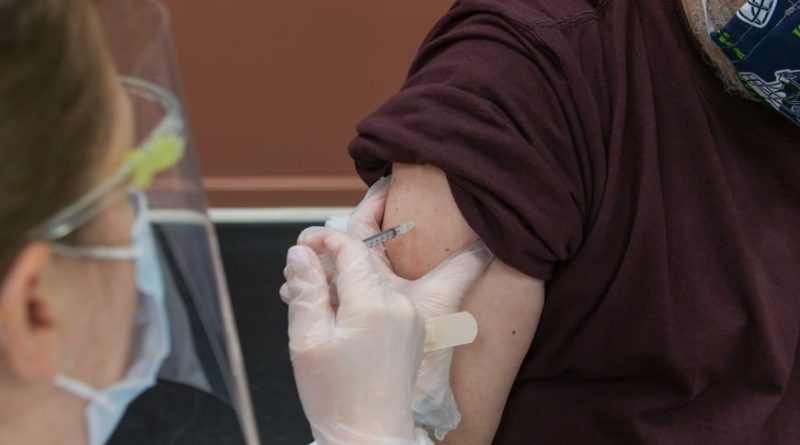Booster Shots Unethically Exacerbate Global Vaccine Inequity
Cat Anderson
Staff Writer
It has been one year, six months, and a little over a week since March 13, 2020: the day that the flu-like illness called “coronavirus” suddenly brought the lives of every American to a screeching halt. The country waited nearly a full year for vaccines to become available yet, months after a nationwide vaccination campaign began, the crisis has morphed into a “pandemic of the unvaccinated,” as The Guardian writes. Now, in light of the Delta variant and a slight waning immunity to COVID-19, there is talk of a third booster shot.
Many Americans have welcomed the prospect of a booster shot. According to Scientific American, vaccine efficacy has waned, although it is important to note the distinction between protection against infection and protection against severe cases. While protection against infection by the Delta variant has diminished, according to the Scientific American, vaccine efficacy against hospitalization is still strong. Getting a booster shot is likely not a necessity for the majority of people, except in cases of immunocompromised people. However, according to The Guardian, they may be necessary for those who received the single dose Johnson & Johnson vaccine.
Approaching this issue from a uniquely first world perspective, the boosters offer an exciting glimmer of hope that the pandemic could soon conclude. Unfortunately, this issue is more complicated than that. The administration of booster shots raises an ethical dilemma; while some Americans wait on their third shot, many in developing countries are still waiting to receive their first. According to the Associated Press, just 0.8 percent of the population of South Africa is fully vaccinated. Only 0.1 percent of Nigeria’s population is vaccinated, and at least 5 countries haven’t begun vaccination efforts at all.
When evaluating the pandemic on a global scale, it can seem as though there are two distinctly different COVID-19 experiences. One experience is highlighted by a lack of trust in the vaccine, and a fear of violations of personal liberties. The other experience, prevalent throughout the developing and unvaccinated world, is defined by the plight for simple access to a vaccine.
According to Reuters, only three percent of the entire African population is vaccinated, and according to The New York Times, as COVID-19 cases soar, so does the presence of other deadly diseases, such as Ebola and Polio. And still, despite a WHO moratorium on booster shots, wealthy countries continue to ignore the pleas of developing states. Though the Biden administration says it’s “keeping [its] part of the bargain” by “providing more [vaccines] to the rest of the world than all the rest of the world combined” it still plans to begin booster shots this month, according to The New York Times. And maybe that’s true, but is it not worth questioning the morality of administering a possibly unnecessary third shot, while people in the developing world continue to suffer because they haven’t received the shots that we know are saving lives?
With all of that in mind, how might one even begin to consider whether to get the booster or not? For American citizens, it is undoubtedly a privilege and a duty to take it. Americans must do everything they can to protect themselves and those around them. As global citizens however, the American populous must speak up about this inequity. Advocacy on behalf of those living in developing nations is a crucial element in ending the pandemic, and continuing to pressure the Biden administration to export doses of the vaccine is essential.
In the long term, there is a necessity to advocate for better global health infrastructure. Should another global pandemic occur, such disparity cannot be allowed to exist. There needs to be something in place to provide for underprivileged nations and stop their citizens from dying just because they don’t have access to the same materials as the rest of the world. This situation, this inequity absolutely can never happen again.



